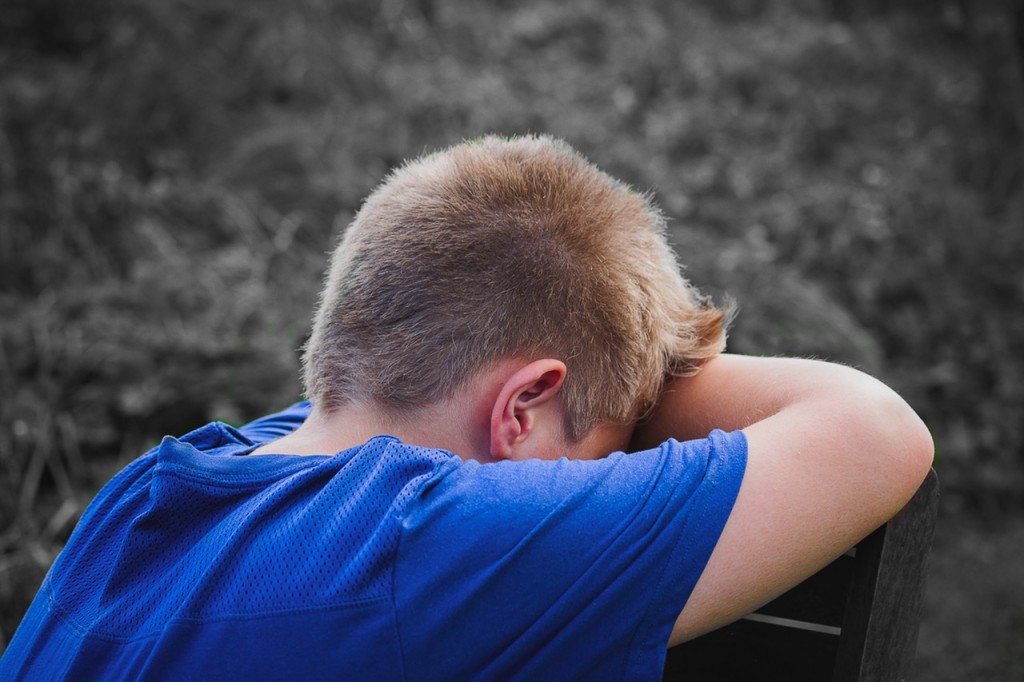In Part One and Part Two of Dr. Judith Owens’ series on sleep, we looked at the sleeping patterns and the effects of sleep deprivation among children and teenagers. In this third and final part of the series, we present some helpful tips for students to sleep better, as well as some hints for parents to help their kids get a good night’s rest.
Students’ Guide to Good Sleep
Tips for Better Sleep
- Keep your bedtimes and wake times regular and consistent on weekdays and weekends
- Keep a regular daily schedule of activities, including meals
- Avoid bright light in the bedroom at bedtime and during the night
- Increase light exposure in the morning
Sleep Conditioning
- Establish a regular and consistent bedtime routine.
- Try not to do things which promote wakefulness while in bed (e.g. texting, doing homework) and only use the bed for sleeping
- Avoid sleeping in environments other than the bedroom (e.g. couch, car)
Less Stimulation, More Relaxation
- Keep electronics out of the bedroom and limit use of electronics before bedtime
- Avoid heavy meals and vigorous exercize close to bedtime
- Reduce cognitive and emotional stimulation before bedtime
- Don’t drink caffeinated drinks after 6pm
- Include activities in the bedtime routine that are relaxing and calming (e.g. take a bath, listen to some music, meditate)
Better Sleep Quality and Quantity
- Set a bedtime and wake time to ensure adequate sleep (see Part One to find out how much sleep you should be getting a night!)
- Maintain a safe and comfortable sleeping environment (low noise and light levels, cooler temperatures, age-appropriate bedding and sleeping surface)
What Can Parents Do?
- Know the signs of insufficient sleep in children and adolescents
- Provide a “sleep-friendly” home environment
- Establish limits on after-school activities and jobs
- Limit caffeine use
- Be a good sleep role model
- Make sleep a priority!
Sleep plays a vital role in your health. Make sleep a top priority by practicing these easy sleep habits and see the changes a good rest will do for you!
Note that for children with neurodevelopmental disorders such as autism, psychiatric disorders and medical disorders are at higher risk of sleep difficulties.
If you or your child are having difficulties that cannot be solved by following the above tips, we suggest reaching out to ELG’s Intake Specialists who can arrange an appointment with a Sleep Specialist.

